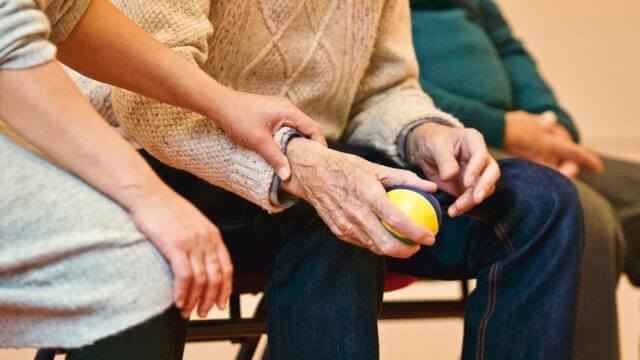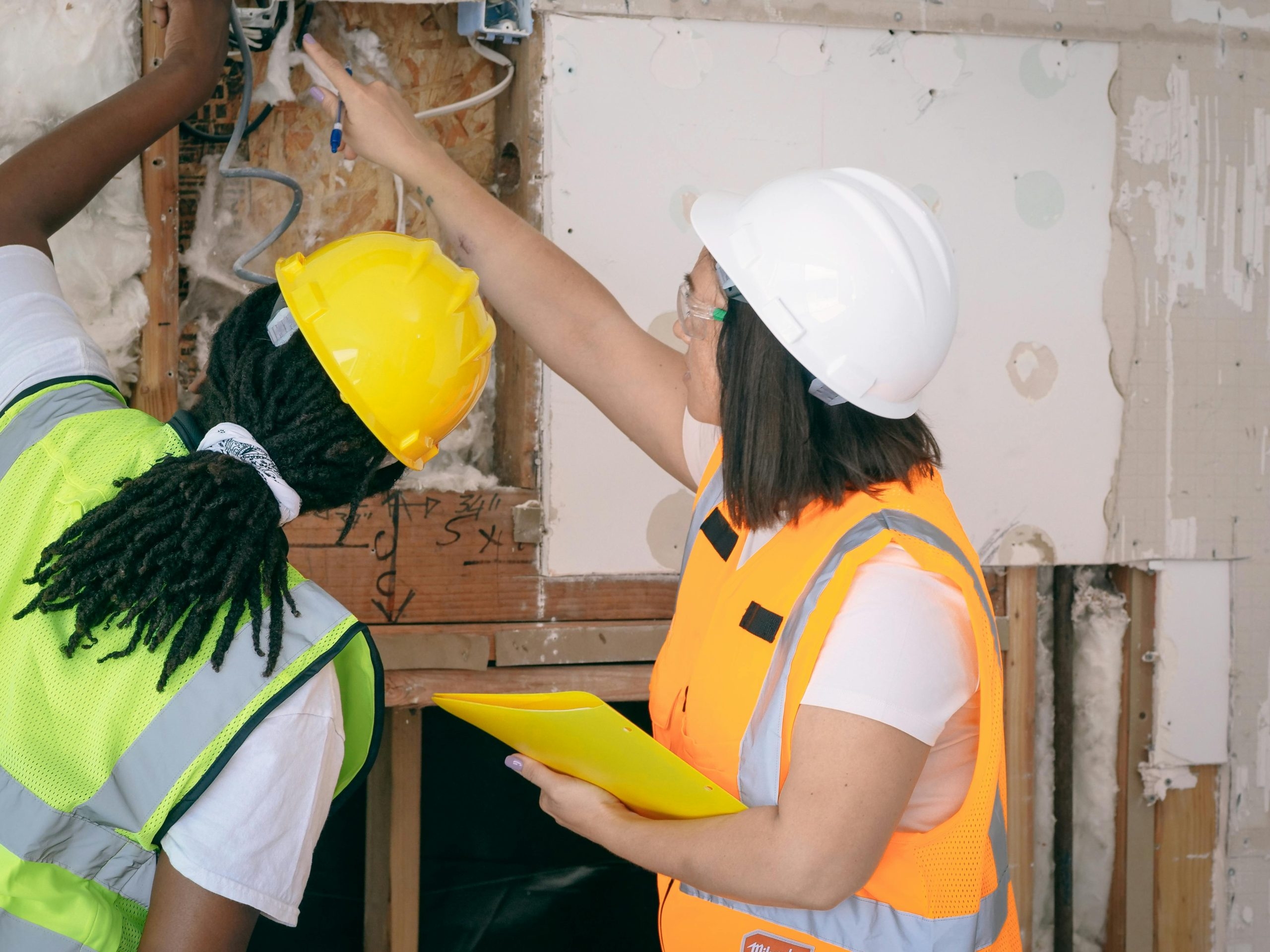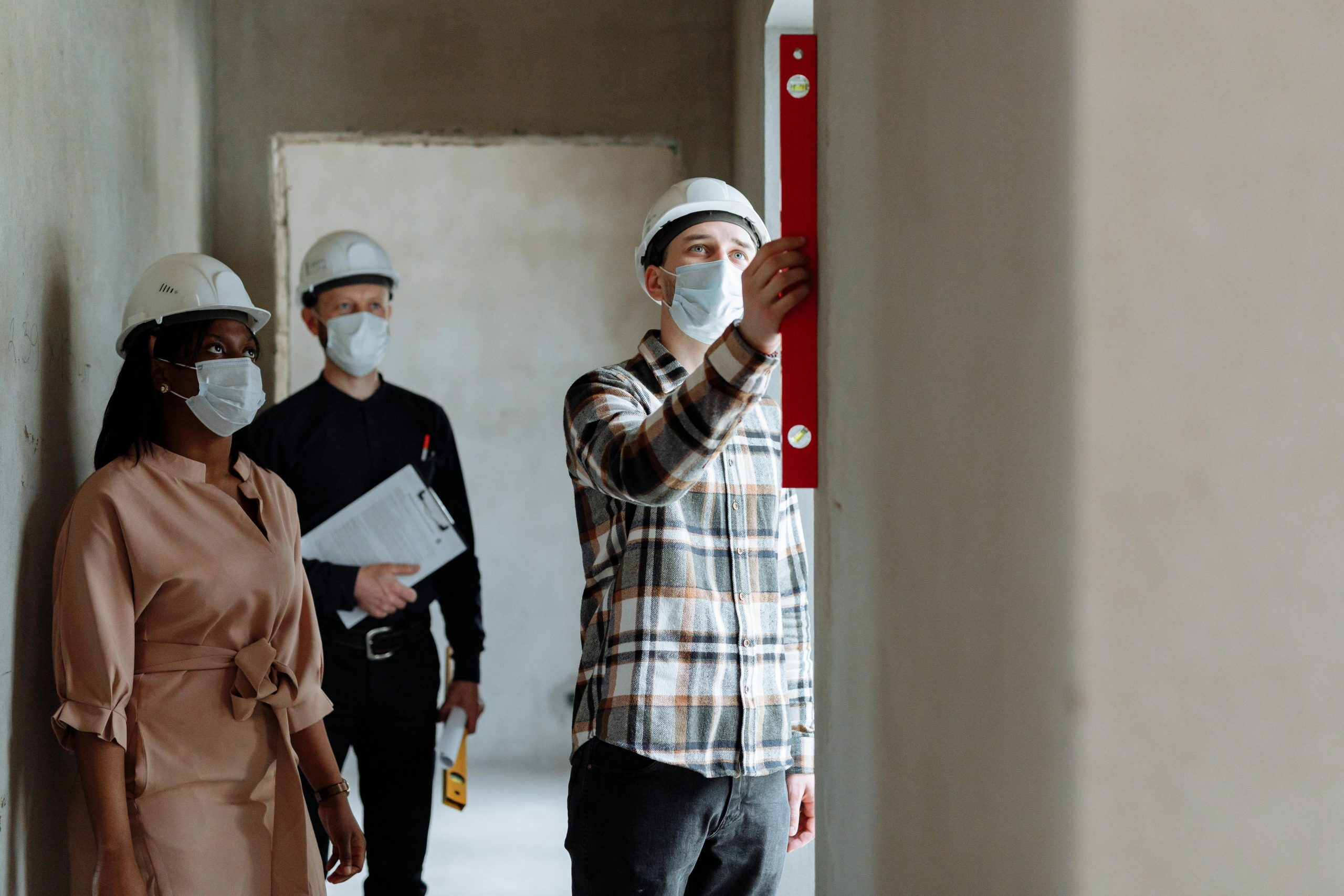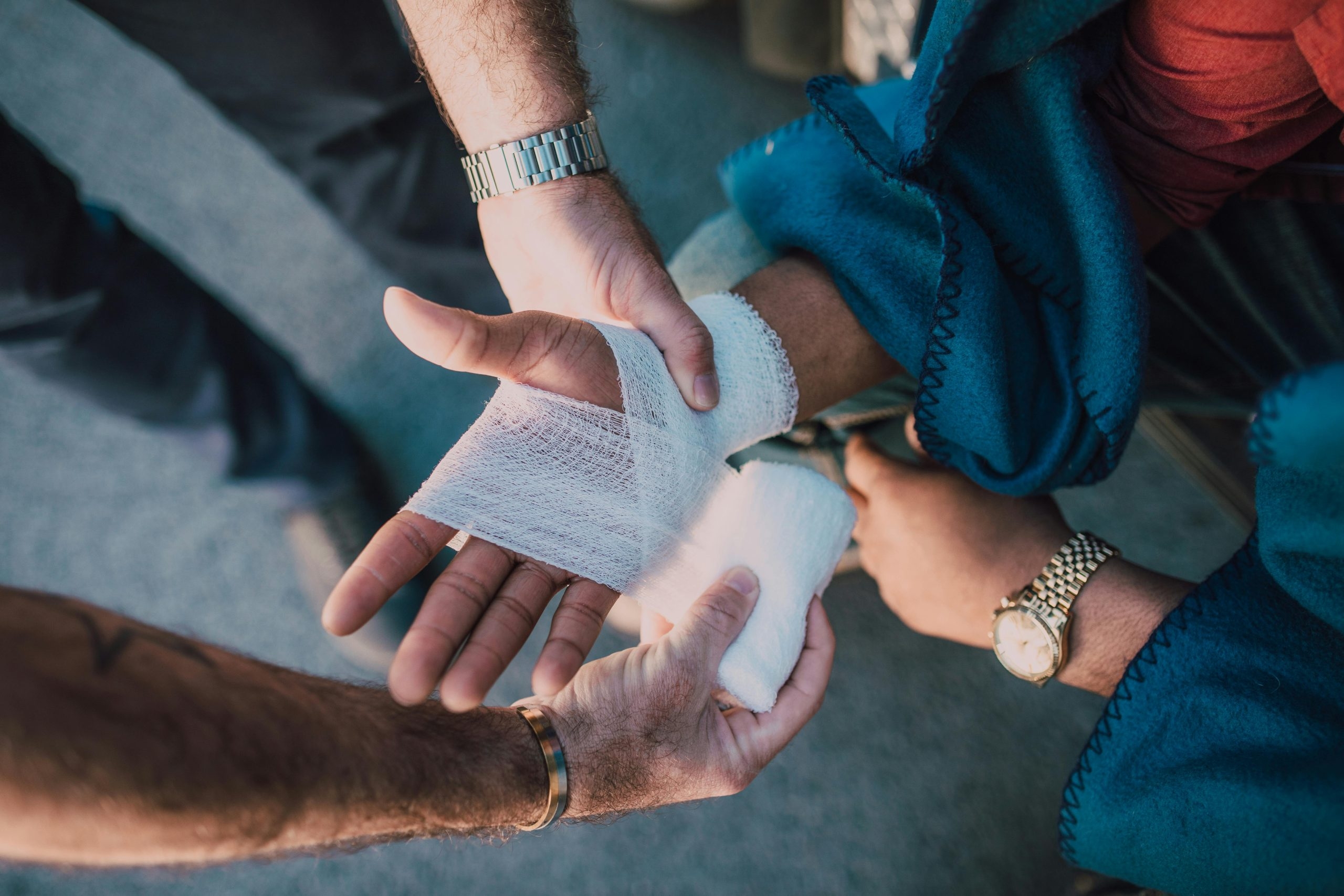Adult Social Care Action Plan | COVID-19 Essential Guide
April 22, 2020 | By: Victoria Makepeace
 On the 15th April 2020, the Government published a new ‘action plan’ for the Adult Social Care Sector. The new plan also includes expansion of the care workforce through a recruitment campaign that will be backed by a new online learning platform to up-skill new care workers.
On the 15th April 2020, the Government published a new ‘action plan’ for the Adult Social Care Sector. The new plan also includes expansion of the care workforce through a recruitment campaign that will be backed by a new online learning platform to up-skill new care workers.
Main Aims of the Adult Social Care Action Plan
- To reduce outbreaks in care homes and care providers.
- Better access to personal protective equipment.
- To unify ‘care’ brand for care workers.
- Everyone admitted to a care home from hospital will be tested instead of the first five admissions.
Over the coming weeks, a dedicated supply chain will be in place for
Personal Protective Equipment (PPE) for the Care sector, so that care providers can order the required PPE and have it dispatched directly to them.
Maintaining Delivery of Adult Social Care
The Government have advised the following:
- Review your list of all your clients, ensuring that it is up to date.
- Establish plans for mutual aid with your local authority.
- Ensure your business continuity plan is kept up to date (Wirehouse Clients can find a template for this in the ‘General Library’ on our online portal or alternatively please call our advice line).
- If an adult in your care has symptoms of COVID-19, then the risk should be minimised by following your safe working procedures.
If you are not a Wirehouse Client and would like answers to any specific health and safety questions you have for your business, speak to one of our safety experts today.
Personal Protective Equipment (PPE)
All care workers should be using Personal Protective Equipment when in close personal contact with a client e.g. bathing, washing and contact with bodily fluids. This includes eye protection, aprons, fluid repellent surgical masks and gloves
Staffing Levels
The follow measures may need to be considered (depending on size of premises):
- Staffing levels may need to be reduced.
- Ensure that night shift workers are trained in moving and handling along with medication administration.
- On call members of staff also trained in the above will need to be contactable should the need arise.
- Care workers may need to work extra hours.Shift times may need to be changed to accommodate the level of support required.
- Allocation of responsibilities should be managed by the Manager/ Deputy and overseen by the Owner/ Proprietor.
Preventing Further Spread of Infection
- Where a person is suspected or is a confirmed case of COVID-19, there should be no visitors, unless they are medical professionals.
- All families and care workers to be informed of the restriction.
- Where there is a client being supported who meets the criteria for shielding or a client being supported who shares the same household with someone who meets the criteria for shielding, care workers will need to follow the Government guidance and use of Personal Protective Equipment (PPE) as instructed.
- All care workers must remove all PPE and dispose of it into a clinical waste bag in between tasks and supporting individuals.
- New PPE must be used for each task.
- All care workers must follow the infection control methods, and this must be followed when carrying out any personal care.
Maintaining Essential Services
Basic care needs to be made a priority and all other non-urgent appointments and activities should be cancelled and rearranged. If it's possible, items can be ordered online and delivered from a supermarket with care workers ensuring that there are enough tins, jars and dried goods. However no contact must be made when making a delivery, and items are to be left at the door.
Supporting a Client with Suspected or Confirmed Case of COVID-19
- The client needs to be encouraged to wear a face mask whenever any support is being given.
- The client must be encouraged to self-isolate for 14 days in their bedroom and where possible/ applicable a separate toilet/ bathroom facility be made available. This will ensure limited cross-contamination.
- All care workers must ensure they wash their hands in line with the Government guidance.
- Hand towels are to be removed and replaced with paper hand towels.
- Where a client has a high temperature, an open window can be used to bring their temperature down. A fan must not be used.
- Care workers should not shake any dirty laundry before washing.
Effective Cleaning
Specific cleaning schedules will need to be in place where cross-contamination will be higher i.e. kitchen, bathroom, light switches, door handles and telephones.
- A higher spec cleaning rota should be put into place, whereby the cleaning chemicals used must contain bleaching agents. i.e. hypochlorate solutions should be diluted to 1000ppm. Adequate ventilation must be in place prior to use.
- Frequently touched surfaces should be cleaned regularly.
- Used tissues, continence pads and other soiled items with bodily fluids, along with disposable cleaning cloths can be stored securely within disposable rubbish bags. These bags should be placed into another bag, tied, kept separate from other rubbish bags and after 72 hours can be then put in the household bin for disposal as normal.
- Where a client is suspected or is a confirmed case of COVID-19, must have their rooms thoroughly cleaned daily when physically soiled.
- The laundry of those suspected or with a confirmed case of COVID-19 can be washed with other people’s items. Towels and bedding must be boiled washed and clothes washed at 50C.
Wirehouse can help you to put effective procedures in place to manage the risks in the Adult Social Care Sector. Get in touch with our team of expert Health and Safety Consultants today.
CALL 03333 215005 or EMAIL info@wirehouse-es.comShare this with a friend:
 On the 15th April 2020, the Government published a new ‘action plan’ for the Adult Social Care Sector. The new plan also includes expansion of the care workforce through a recruitment campaign that will be backed by a new online learning platform to up-skill new care workers.
On the 15th April 2020, the Government published a new ‘action plan’ for the Adult Social Care Sector. The new plan also includes expansion of the care workforce through a recruitment campaign that will be backed by a new online learning platform to up-skill new care workers.






